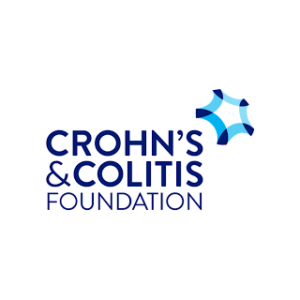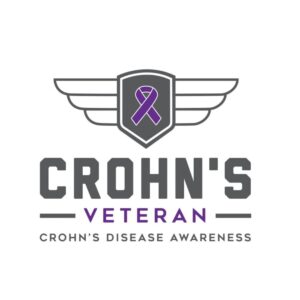Can omega-3 help my autoimmune disease?
Danielle Gaffen, MS, RDN, LD
- Last Updated
Have you ever heard of an omega-3? Have you ever wondered if omega-3s can benefit your autoimmune disease [1, 2]?
Omega 3s are a type of “good” fat found in certain foods that play a very important role in our bodies. There are a bunch of health benefits associated with omega-3s. Lots of research has been published on heart health benefits….but new research suggests that omega-3s can help to improve symptoms in several autoimmune diseases. Read below to see if omega-3s can help your disease:
· Crohn’s disease: omega-3s can significantly reduce symptoms [2].
· Multiple sclerosis: a greater intake of fatty-acids like omega-3s can lead to reduced inflammation [3,4].
· Psoriasis: fish oil, a type of omega-3, can be beneficial in combination with other psoriasis therapies [5,6].
· Ulcerative colitis: omega-3s can have a significant effect, with reductions in symptoms and even an increased time in remission reported [7].
· Rheumatoid arthritis: there is fairly consistent evidence that omega-3s [8], especially fish oil [9], can modestly help reduce joint swelling, pain, and morning stiffness. Fish oil at high doses (3.5 grams per day) can have additional benefits.
· Systemic lupus erythematosus (Lupus): increasing omega-3s, especially fish oil, can decrease symptoms [9, 10].
The best way to get omega-3 in the diet is through food!
Seriously, your body absorbs nutrients better in food form! Here the top omega-3 food sources:
· Fish and other seafood (especially cold-water fatty fish, such as mackerel, salmon, herring, oysters, sardines, anchovies, and caviar)
· Nuts and seeds (flax seeds, chia seeds, and walnuts)
· Plant oils (flaxseed, canola)
· Fortified foods (certain brands of eggs, yogurt, juices, milk, etc.)
To get the recommended amount of omega-3, you could eat fatty-fish (the “good” fats) or shellfish twice a week (total of 8 oz per week), or you could eat plant-based sources of omega-3 every day (1.6 grams per day for men and 1.1 grams per day for women) like flax seed, chia seed, or walnuts.
But some people find it hard to eat the amount of omega-3 that they need from food alone.
If you’re considering adding an omega-3 supplement [11] like fish oil, take caution adding more than 500 mg EPA and/or DHA daily as it may cause an imbalance of other important fatty acids.
What the heck are EPAs and DHAs? I’m glad you asked! They’re the biologically active, more potent parts of omega 3 that are known to reduce inflammation in the body. Think of them like “active ingredients”. The fatty-fish, shellfish, and fish oil supplements mentioned earlier have EPA and/or DHA. The plant-based sources of omega-3s don’t have EPA or DHA, but our bodies can convert the plant omega-3s to a form we can use. The only catch is that our bodies are not very efficient at doing this, which is why the recommendation for weekly intake of fish and shellfish is lower than the weekly recommendation for plant-based omega-3s.
References











































